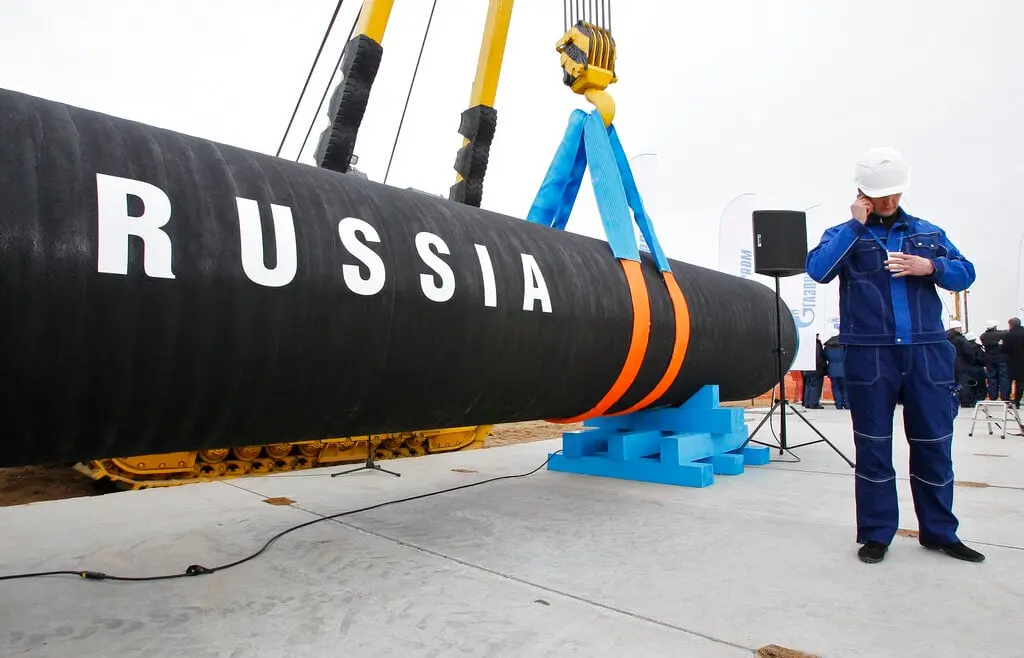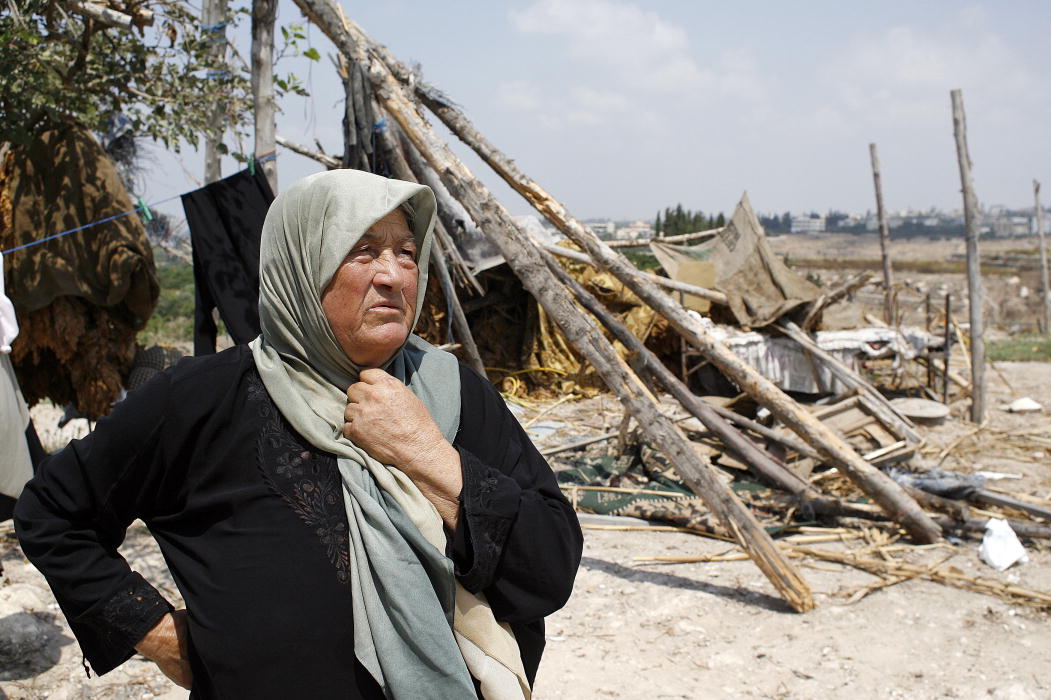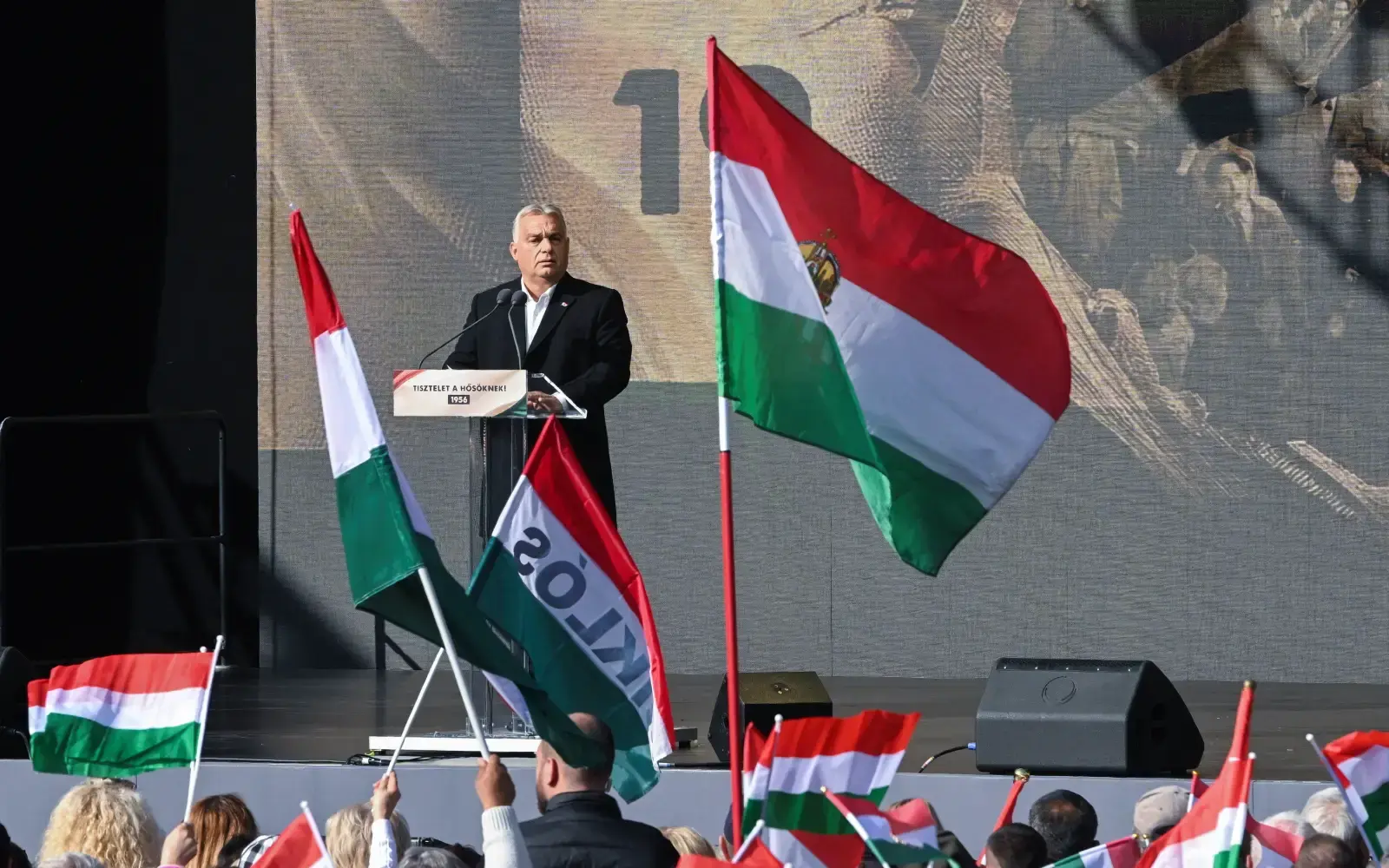From 10 to 12 December, Egypt presidential elections. Incumbent President Sisi, himself brought to power by a coup in 2013, has stood again. Economically, the bad with Egypt and there is much unrest in society about this. Still, Sisi's position does not seem to be in danger and, according to experts, he is very likely to run for another term. There is no real opposition, and parties and groups trying to counterbalance are being thwarted by Egyptian authorities.
The FMS spoke about this with Eduard Cousin, journalist and author of the book 'Now the world is not watching: life in Egypt after the Arab Spring'. Cousin lives in Cairo and is a correspondent for various (international) media outlets. What should we pay attention to during these elections, how free are they and which themes play an important role? All these questions were addressed during our interview with Cousin. This article summarises key take-aways from the conversation.
To begin with, how democratic are these presidential elections? In the previous elections in 2018, Sisi got 97 per cent of the vote. Is there more opposition during this election?
"I think the first thing to mention is that it is very important for Egypt that these elections at least come across as truly democratic elections. I have been to several press conferences where the national election authorities explained the procedures surrounding the elections. In these they told in detail, for example, which ink is used to dip your finger in and which printers printed the ballot papers. There is a whole framework of rules, protocols and procedures built around the elections to give them legitimacy in a that way.
Yet no one in Egypt doubts that Sisi will win the election. Yes, there are three opposing candidates, but they, despite being given some freedom to express their views, do not have the ability to actually stand a chance against Sisi. If you want to analyse these elections, it is important to look at who controls the media, who has the ability to put up election posters all over town and on whose side the security forces are. It is also important to look at the support of rich businessmen, which provide campaign funds and money to mobilise people.
One example is the fact that Cairo is completely full of Sisi posters and screens have been placed in major squares around the city with his effigy on them. These are paid for by businessmen who want to show their loyalty to the regime and can only be placed with permission from the security forces or local authorities. To say something about fairness, it is important to observe these kinds of structures."
Are opponents being antagonised?
"You see posters of opposing candidates in some places in Cairo, but these are far fewer than the number of Sisi's posters. In 2018, you still saw some counter-candidates being violently arrested, but we have not seen violence and intimidation of that level during this campaign. The authorities are doing their best to avoid such excesses or at least make them less visible.
There was one opposing candidate who really wanted to challenge Sisi and managed to actually create some kind of movement, his name being Ahmed Tantawi. He got quite a following on social media, visited villages, provincial capitals and working-class neighbourhoods in Cairo and managed to launch a promising campaign. I don't know if he would manage to really win in the current political climate, but he really seemed to be a serious alternative. He said in several interviews that he really wanted to do things differently and had an election programme.
To participate in the elections, however, you need 25 thousand declarations of support, but supporters of Tantawi who wanted to do so were intimidated and not given the opportunity to actually sign. I attended the press conference in Cairo in which he told whether he had collected enough signatures. The atmosphere here was very special and the call for bread, social justice and freedom [the slogan of the Arab Spring protests in 2011] came out clearly. When Tantawi explained that he had failed to collect the required signatures, several young visitors burst into tears. They really believed in this new sound, but saw it quashed. Meanwhile, a case is pending against Tantawi, so he cannot contest in these elections."
In your opinion, what are the main issues at play in Egyptian society and will they be reflected in the elections?
"The poor economic situation in Egypt is a major concern for many Egyptians. According to analysts, about 38 per cent of Egyptians live in poverty. Moody's and others have downgraded Egypt's credit rating. The war in Ukraine exposed Egypt's economic vulnerabilities. Egypt issued all kinds of government bonds at enormously high interest rates. This caused a lot of short-term investment from foreign investors. The uncertainty in the financial markets caused by the war in Ukraine caused more than $20 billion to drain from the Egyptian economy within a few weeks. It showed that the economic model was not sustainable. It also caused the Egyptian Pound to sink tremendously. In addition, the IMF forced Egypt to further devalue the Pound, making it worth even less.
Huge inflation has also made street poverty increasingly visible. For example, during Ramadan, traditionally a month when a lot of food is distributed, I saw a car stop by the side of the road at one point to hand out packets of food. Really from everywhere people came running to that car to get one of those meals. These are scenes I have not witnessed in Egypt before, the situation is really dire.
Besides the economic situation, Israel's war in Gaza also plays a big role here. You notice that the internal picture has kind of faded into the background and the anger is now mostly focused on Israel and the hypocrisy of the West. What Israel is doing in Gaza makes Egyptians, and I think Arabs in general, feel enormously that in the eyes of the West Arabs are second-class citizens and that a Palestinian human life is worth much less than an Israeli human life. They find it incomprehensible that most European countries cannot say that what Israel is doing is war crimes and that they cannot benefit Israel and keep shouting that this is self-defence, while meanwhile on television here dead child after dead child passes by. People feel that the moral compass of the West is completely lost."
What does the future look like for Egypt?
"Egypt must now start taking steps on the economic front first of all, so that the living standards of the population improve, so that they can offer their children a better future. In doing so, you also have to look at the international context, where you see big international companies profiting from the current regime. They invest, but these investments are not sustainable and mainly generate profits for the companies themselves. Because of these international structures, much of the investment flows back to the West, while Egypt is left with a huge debt."
Eduard Cousin is author of the book 'Now the world is not watching: life in Egypt after the Arab Spring'. A second book on Egypt will come out in late 2024.
Want to know more about the situation and the presidential election? The entire interview with Eduard Cousin can be watched back via our YouTube channel.





